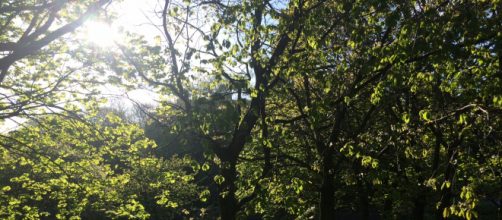The Revaluing Parks and Green Spaces report by Fields in Trust studies both the value of parks and green spaces (PAGs) economically plus the value of them to our wellbeing. It is based on an analysis of the responses of over 4,000 UK-wide survey takers aged over 16.
Compared to those who did not use PAGs, respondents who did use them (more than once per month) were found to have “significantly higher levels of self-reported general health”. Additional analysis found that the cumulative savings for the Exchequer with regard to this for the NHS is £111 million each year.
This conclusion was “based on estimates of a reduction in GP visits by regular park users”.
Furthermore, the report found that using PAGs is positively correlated to a significant level with happiness, sense of worthwhileness, and life satisfaction. To put a figure on it, the report suggested that each user of those types of areas would need to be given £974 each year to “replace the life satisfaction gained from using their local park or green space” if these types of areas were lost.
Uses of parks and green spaces
Findings indicate that they are used as spaces to facilitate group activities, bringing members of communities together as well as being used for solo activities. Those with dependent children were of greater proportion in using PAGs than those without.
Additionally, black and Asian minority ethnic respondents tended to use them two times more than white respondents for “team and individual sports and to meet friends”. The report adds to the research on the positive impact leisure pursuits can have on health and wellbeing.
There has been a concern in recent years about the potential loss of PAGs due to building more houses. Fields in Trust is a national charity which focuses on preventing this by defending the PAGs of the UK, advocating their importance to the country. Founded in 1926, there are now 2,735 UK spaces legally protected due to the work of the charity.
Implications for policy
Overall, the report suggests that “parks and green spaces are clearly valued highly by communities and provide an enormous amount of quantifiable benefit to their local population”.
There is particular value for PAGs in areas with “lower socio-economic groups and a higher representation of black, Asian, minority ethnic communities” since those groups were found to especially gain positives from those types of areas.


